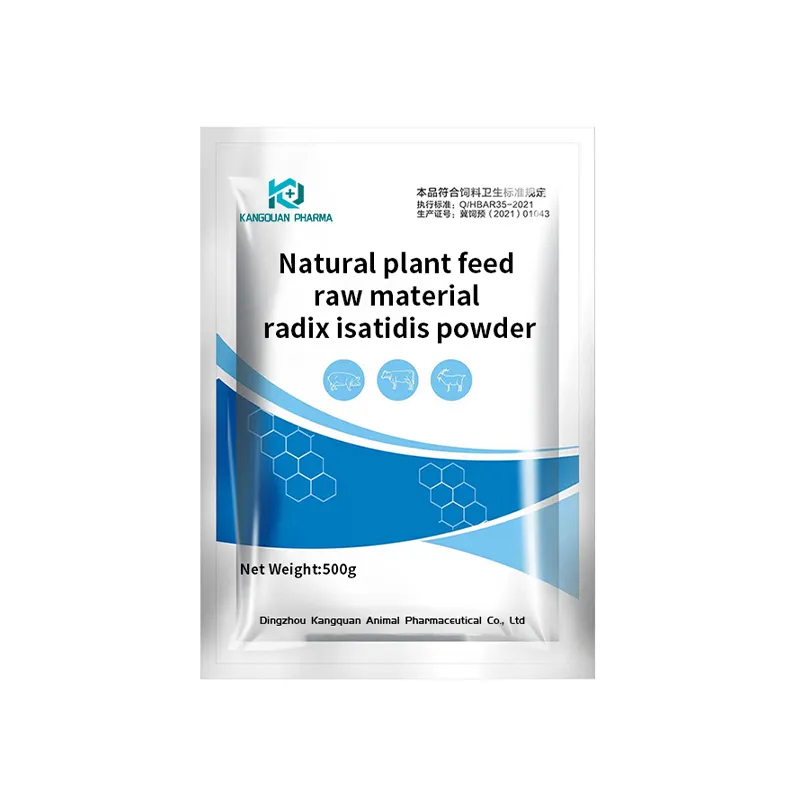- Afrikaans
- Albanian
- Amharic
- Arabic
- Armenian
- Azerbaijani
- Basque
- Belarusian
- Bengali
- Bosnian
- Bulgarian
- Catalan
- Cebuano
- Corsican
- Croatian
- Czech
- Danish
- Dutch
- English
- Esperanto
- Estonian
- Finnish
- French
- Frisian
- Galician
- Georgian
- German
- Greek
- Gujarati
- Haitian Creole
- hausa
- hawaiian
- Hebrew
- Hindi
- Miao
- Hungarian
- Icelandic
- igbo
- Indonesian
- irish
- Italian
- Japanese
- Javanese
- Kannada
- kazakh
- Khmer
- Rwandese
- Korean
- Kurdish
- Kyrgyz
- Lao
- Latin
- Latvian
- Lithuanian
- Luxembourgish
- Macedonian
- Malgashi
- Malay
- Malayalam
- Maltese
- Maori
- Marathi
- Mongolian
- Myanmar
- Nepali
- Norwegian
- Norwegian
- Occitan
- Pashto
- Persian
- Polish
- Portuguese
- Punjabi
- Romanian
- Russian
- Samoan
- Scottish Gaelic
- Serbian
- Sesotho
- Shona
- Sindhi
- Sinhala
- Slovak
- Slovenian
- Somali
- Spanish
- Sundanese
- Swahili
- Swedish
- Tagalog
- Tajik
- Tamil
- Tatar
- Telugu
- Thai
- Turkish
- Turkmen
- Ukrainian
- Urdu
- Uighur
- Uzbek
- Vietnamese
- Welsh
- Bantu
- Yiddish
- Yoruba
- Zulu
12 月 . 09, 2024 17:55 Back to list
how much injectable ivermectin for goats
Understanding Injectable Ivermectin Dosage for Goats
Ivermectin is a widely used antiparasitic medication that is effective against a variety of internal and external parasites in goats. As a goat owner, understanding the proper dosage and administration of injectable ivermectin is crucial for the health and wellbeing of your livestock.
What is Ivermectin?
Ivermectin belongs to a class of drugs known as avermectins, which are derived from the fermentation of a soil bacterium. It is effective against a broad spectrum of parasites, including nematodes (roundworms), arthropods (mites, lice), and certain types of grubs. The drug is available in various forms, including oral and injectable preparations, with the injectable form often preferred for its rapid absorption and efficacy.
Why Use Injectable Ivermectin?
Injectable ivermectin is beneficial for treating infestations in goats due to its fast action and longer-lasting effects. It is particularly useful in cases of heavy infestations or when oral administration may be impractical, such as in stressed or sick animals that may not eat or drink adequately.
Determining the Appropriate Dosage
The recommended dosage for injectable ivermectin in goats typically ranges from 200 to 400 micrograms per kilogram (µg/kg) of body weight. The exact dosage can vary based on factors such as the specific parasite being targeted and the goat's overall health. It’s essential to weigh your goats accurately to ensure precise dosing and to avoid underdosing, which can lead to ineffective treatment, or overdosing, which can cause toxicity.
For instance, for a goat that weighs 50 kg, a common dosage would be
- 200 µg/kg 50 kg x 200 µg = 10,000 µg or 10 mg - 400 µg/kg 50 kg x 400 µg = 20,000 µg or 20 mg
how much injectable ivermectin for goats

Given that injectable ivermectin is usually available in concentrations of 1% (10 mg/ml), administering 1 ml would be sufficient for the lower end of the dosage range, while 2 ml would be required for the upper range.
Administration Guidelines
Injectable ivermectin is commonly administered through intramuscular (IM) or subcutaneous (SQ) injections. The preferred site for injection is typically in the neck or behind the front leg. Proper technique is essential to ensure the medication is delivered effectively and to minimize discomfort for the goat.
When administering injections, follow these steps
1. Prepare the injection site by cleaning it with alcohol to reduce the risk of infection. 2. Use a sterile needle and syringe to draw the correct dose of ivermectin. 3. Insert the needle at a 90-degree angle for an IM injection or at a 45-degree angle for an SQ injection. 4. Administer the medication slowly to prevent tissue damage. 5. Dispose of needles and syringes safely to prevent injury or contamination.
Post-Administration Care
After administering injectable ivermectin, monitor your goats for any adverse reactions. Although serious side effects are rare, some animals may exhibit mild reactions such as swelling at the injection site, lethargy, or a transient increase in salivation. If severe reactions occur, such as difficulty breathing or swelling of the face, seek veterinary assistance immediately.
Conclusion
Injectable ivermectin is an effective tool for managing parasite infestations in goats when used appropriately. By understanding the correct dosage, administration techniques, and post-treatment care, goat owners can help ensure their animals remain healthy and free from parasites. Always consult with a veterinarian for specific advice tailored to your herd’s needs, particularly if there are any concerns regarding health or medications. With proper management, veterinary collaboration, and education, you can maintain a thriving herd.
-
The Power of Radix Isatidis Extract for Your Health and Wellness
NewsOct.29,2024
-
Neomycin Sulfate Soluble Powder: A Versatile Solution for Pet Health
NewsOct.29,2024
-
Lincomycin Hydrochloride Soluble Powder – The Essential Solution
NewsOct.29,2024
-
Garamycin Gentamicin Sulfate for Effective Infection Control
NewsOct.29,2024
-
Doxycycline Hyclate Soluble Powder: Your Antibiotic Needs
NewsOct.29,2024
-
Tilmicosin Premix: The Ultimate Solution for Poultry Health
NewsOct.29,2024













